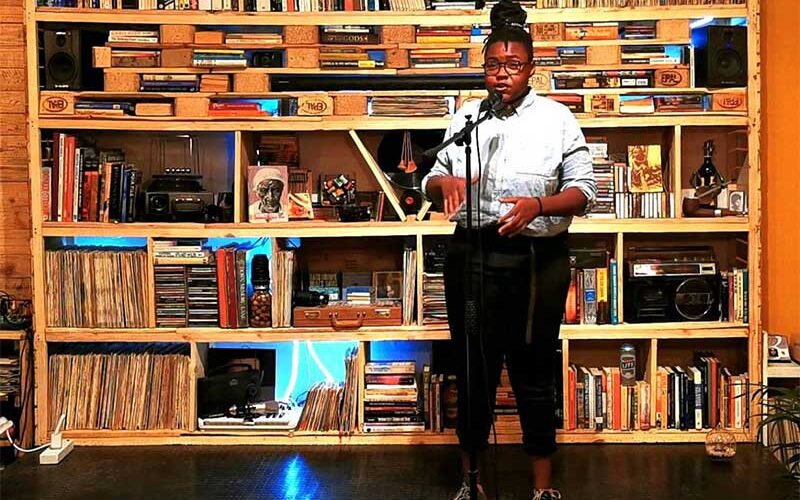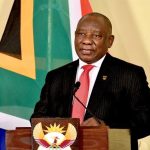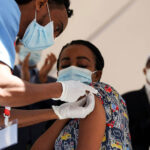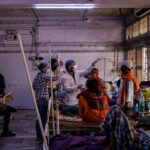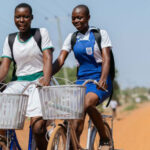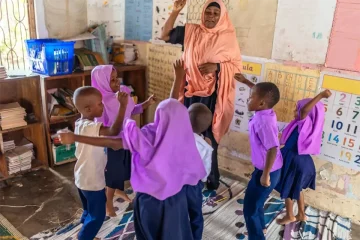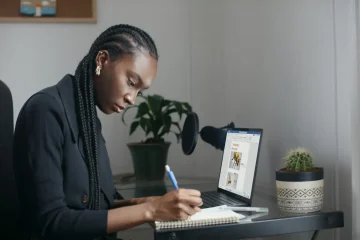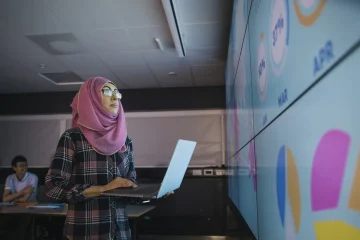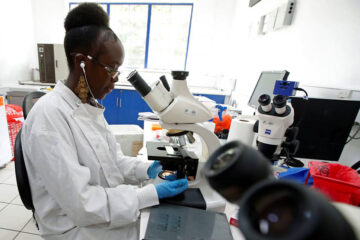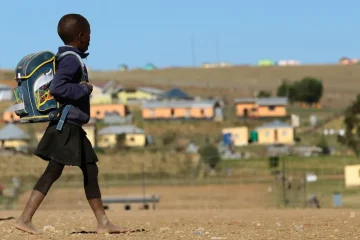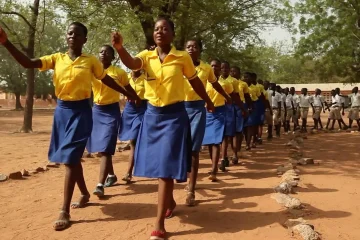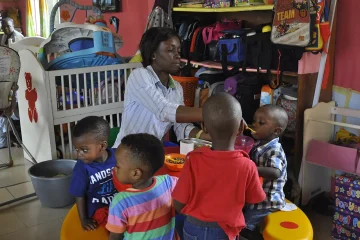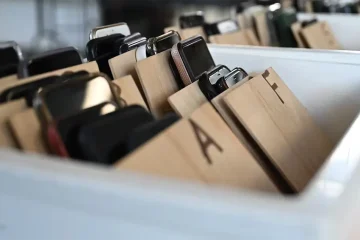KIMBERLY-VIOLA HEITA
My 2020 was meant to be the year I became a student radio presenter and, along with my peers, formed a new political society at the University of Namibia.
Even though I got off to a great start, COVID-19 quickly put an end to it.
As an unimaginable year draws to a close, its hard not to count losses and dwell on the opportunities the pandemic robbed from us young people.
But 2020 has forced us to innovate, collaborate and discover resilience we didn’t know we had.
As a 21-year-old political science student, I had planned to engage more deeply with the content I was learning this year through exciting debates with my peers and presenting breaking news bulletins on radio.
My country Namibia, a Southern African nation of about 2.5 million people colonised by Germany and South Africa, is a young democracy, only 30-years-old.
It is rich with debate about land access and indigenous people’s rights that stem from these topics having been ignored for so long.
I was excited to join these discussions.
In early March, after auditions and a long weekend of wondering whether or not I would be selected to be a presenter on our student radio station, I received the news that I had made it.
I was so excited. This is how I had imagined my career in media would begin.
Our radio station team took a weekend trip away for bonding and training, and that was when COVID-19 hit Namibia.
Lockdown was enforced, schools and universities closed, students were sent home and classes shifted online.
So began the decline in academic participation.
Many of my fellow students returned home to rural areas where there is minimal internet access.
Online classes and downloading learning materials became a luxury for the few.
Now, more than ever, we realised the need for student solidarity and support.
We took our political science society of nearly 100 students on to WhatsApp messenger to keep the political discourse going.
Thanks to the pandemic and the societal upheaval it caused globally, the Whatsapp group called UNAM Political Science Society (UPSS) became a hub for endless political conversation.
I was part of the team that helped bring up and participate in new topics.
It was the safe space we needed to keep participating, learning and sharing.
It was also a platform for us experienced students to assist those more junior.
In terms of my own studies, I cannot lie and say it was not difficult to stay on top of the workload, especially in the second semester when we were inundated with a more regular flow of readings and assignments to keep up with.
It was an absolute nightmare not having in-person access to our lecturers and frustrating having to grapple with new political concepts and ideas taught online.
Of my eight lecturers, only four stayed in touch with students. Our education was on the line.
That is why our WhatsApp support group thrived.
The people I spent my days on campus with quickly became my source of motivation, my reality check and, when necessary, my teachers.
We spoke often over WhatsApp and met up in person whenever lockdown restrictions would allow it.
Without them, it would have been an academically strenuous year that I am not too sure I would have come through.
The incessant conversations and study groups got us through our last semester.
As for my radio presenting career, I was able to still get some practical experience when the #ShutItAllDown protests against gender-based violence erupted across the country in October.
I gathered sound bites from the protests for the student radio show and managed to present on air a couple of times to keep practicing.
Without a doubt, 2020 was not the year I imagined it would be. I envisaged packed classes, early mornings in the studio and face-to-face political debates with my peers and lecturers.
But I now realise that while my learning was disrupted, it did not cease.
With the help I got from those around me, in similar or even worse positions, I made it through this year.
And if 2020 gave me anything, it is the sense of independence that comes with having to re-evaluate one’s life plans, adapt, and come out stronger because of it.
It is a year that reinforced the importance of my peers, my personal resilience and my desire to pursue a career where I can tell stories that matter one day in the future. – Thomson Reuters Foundation.

